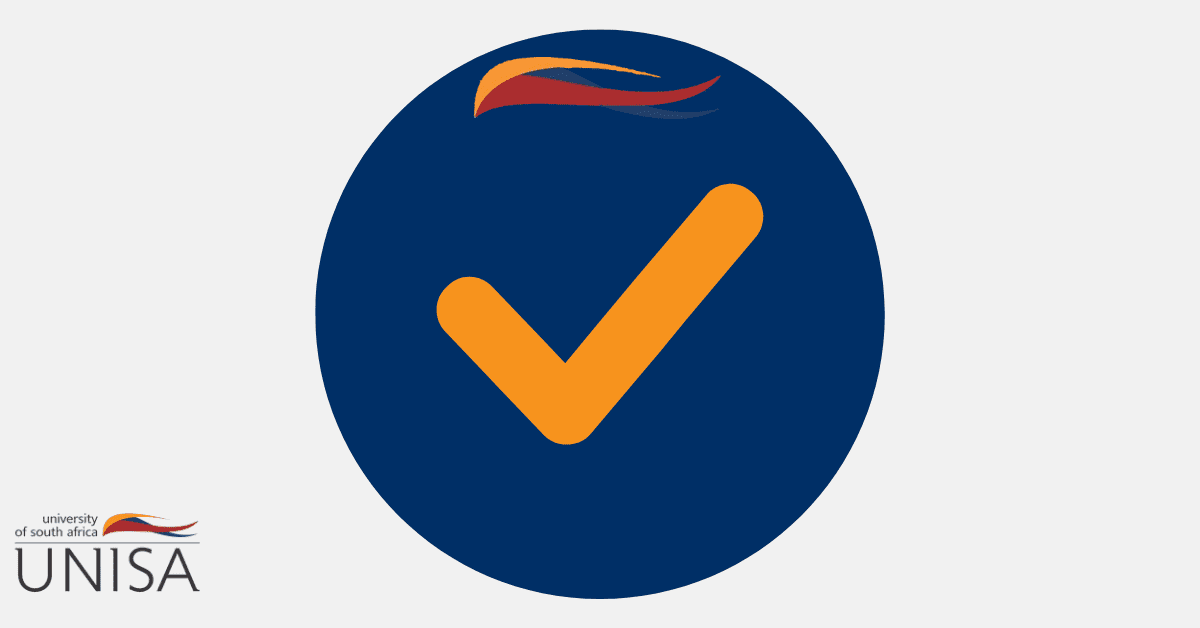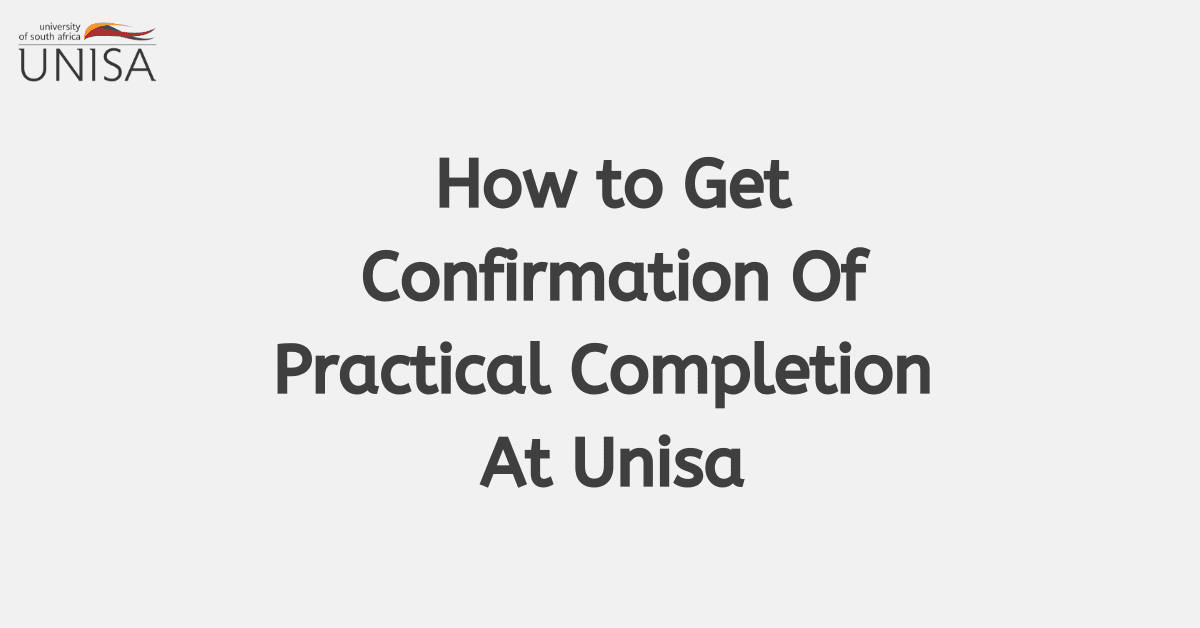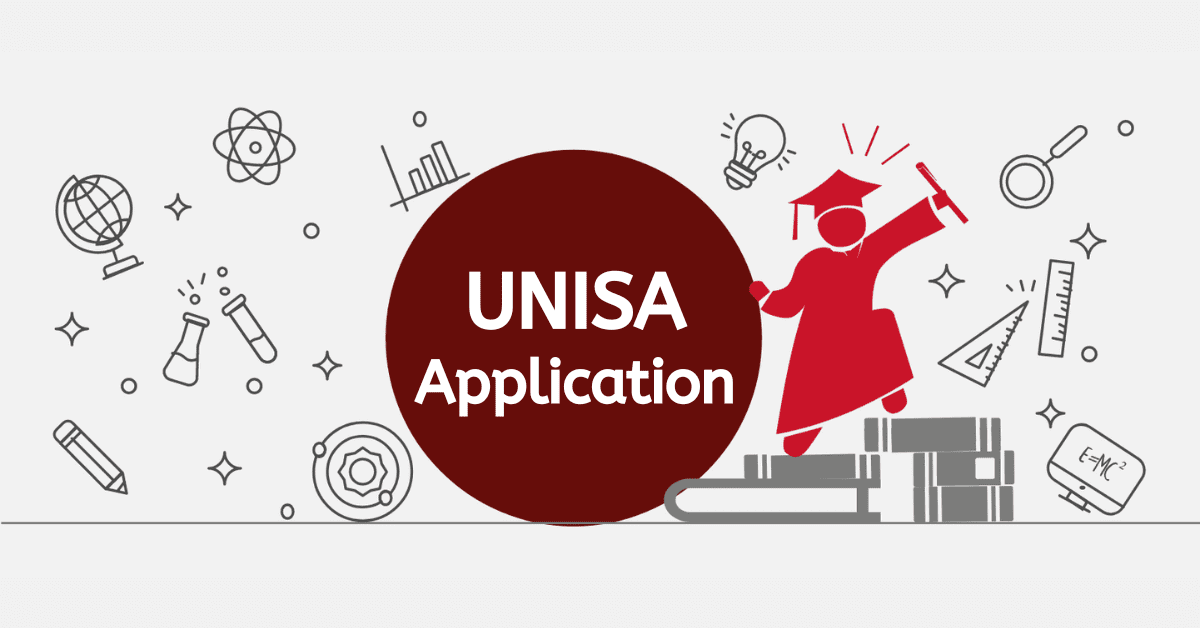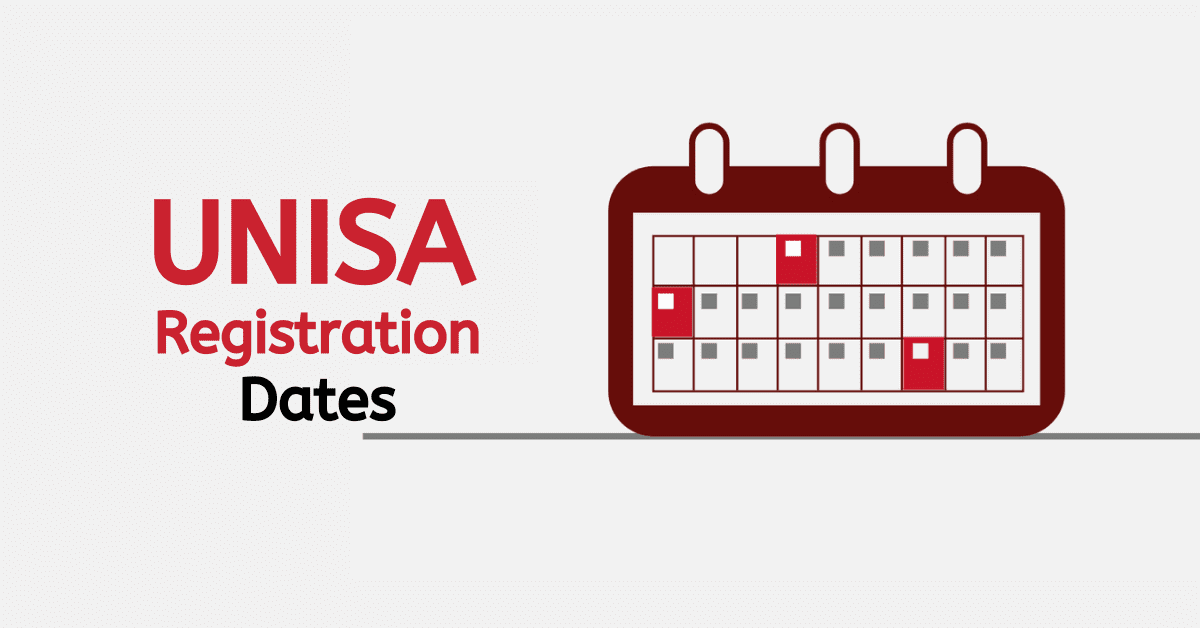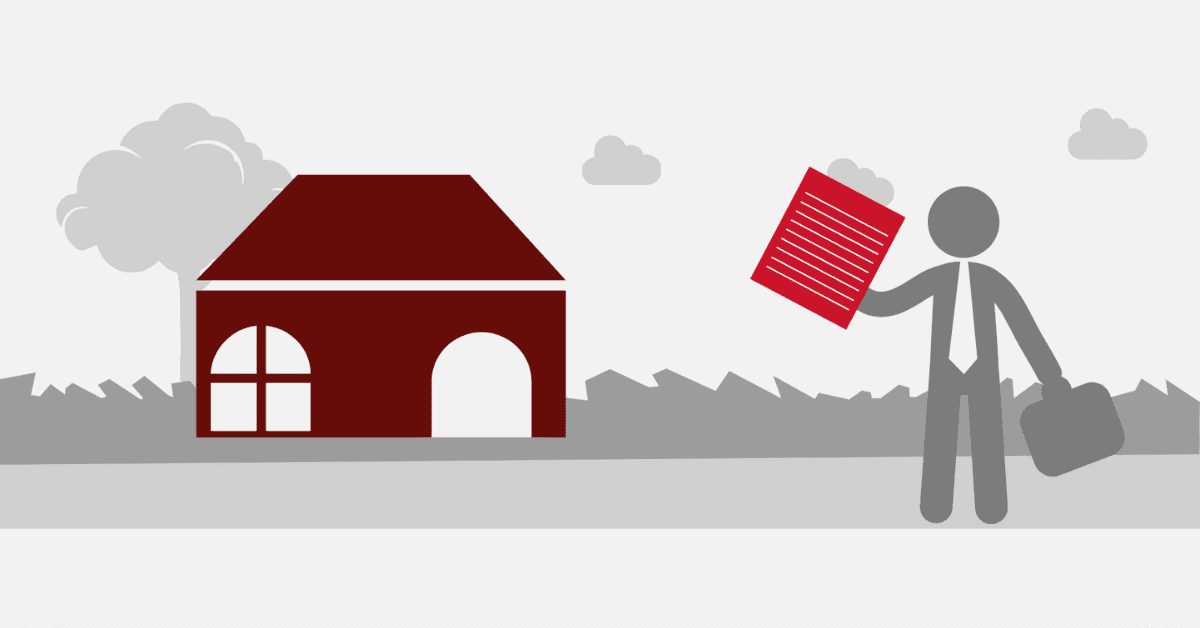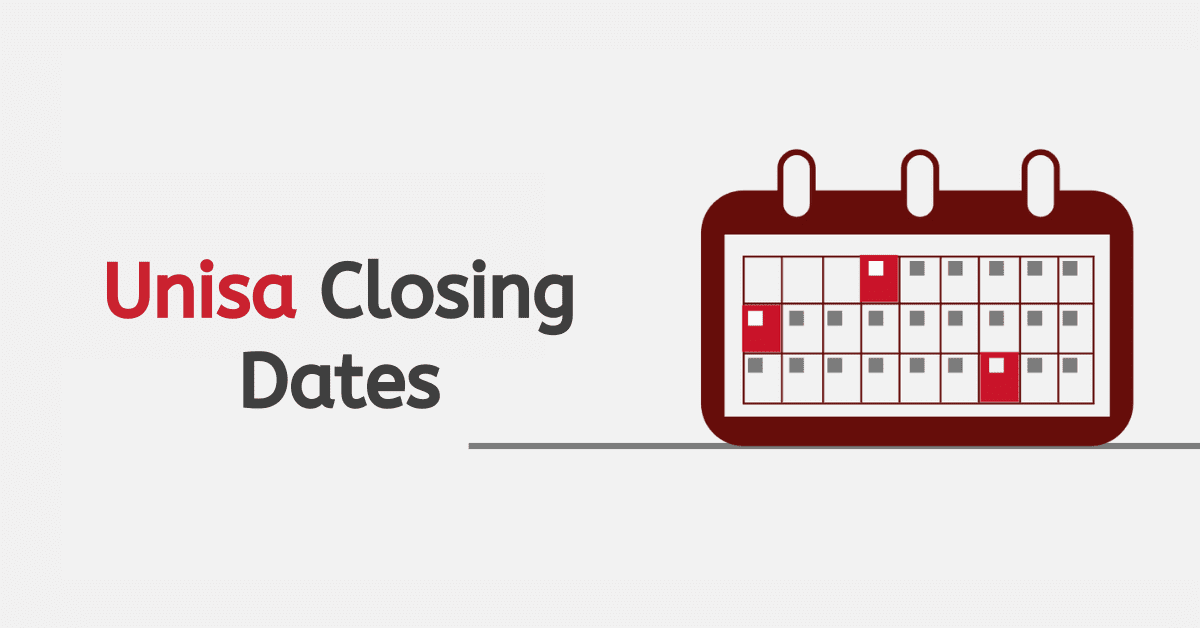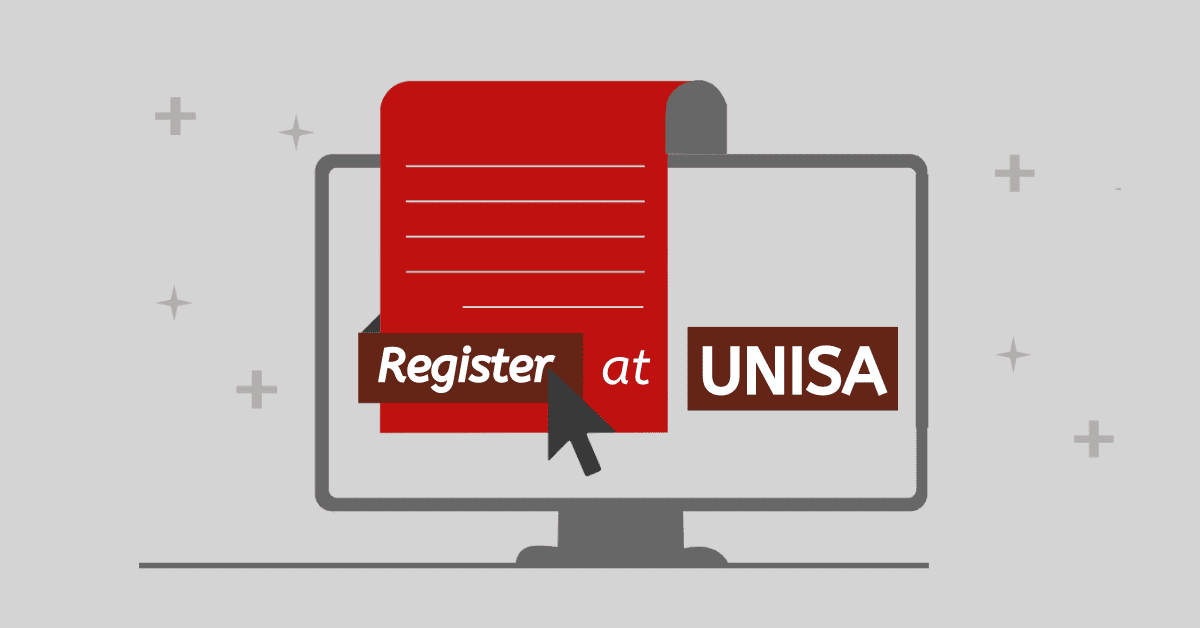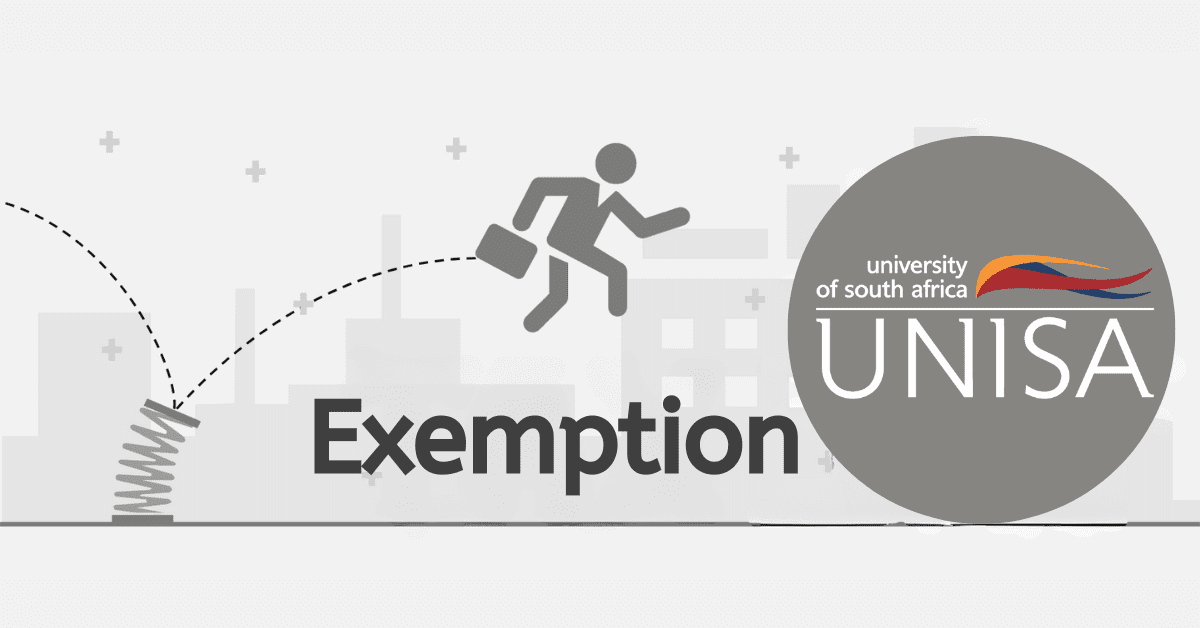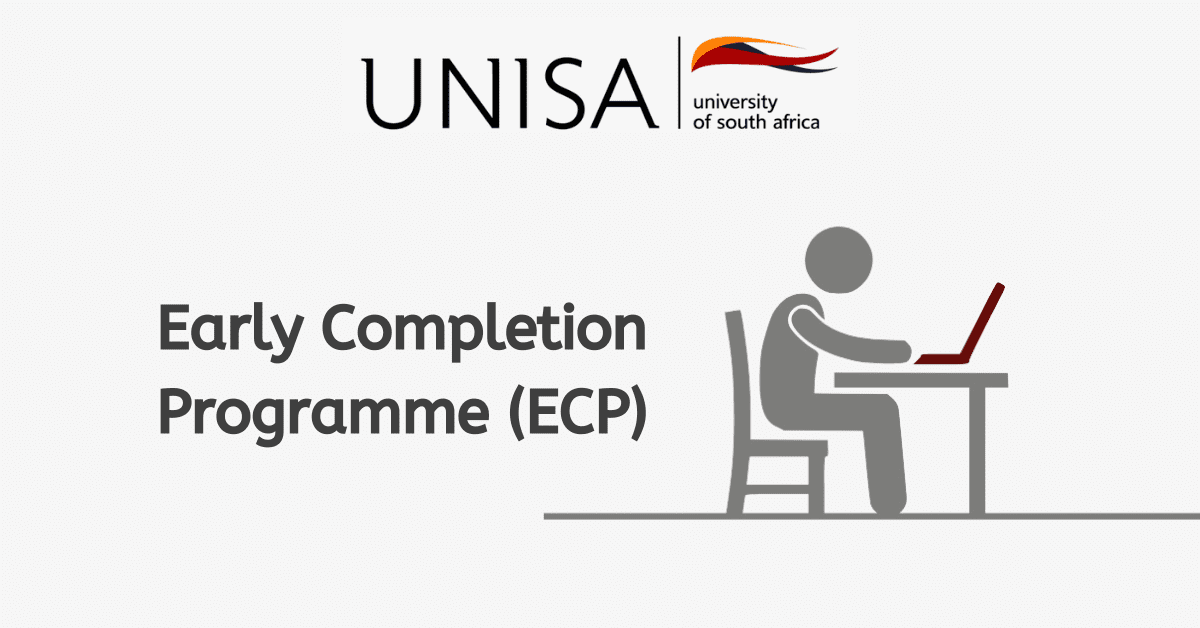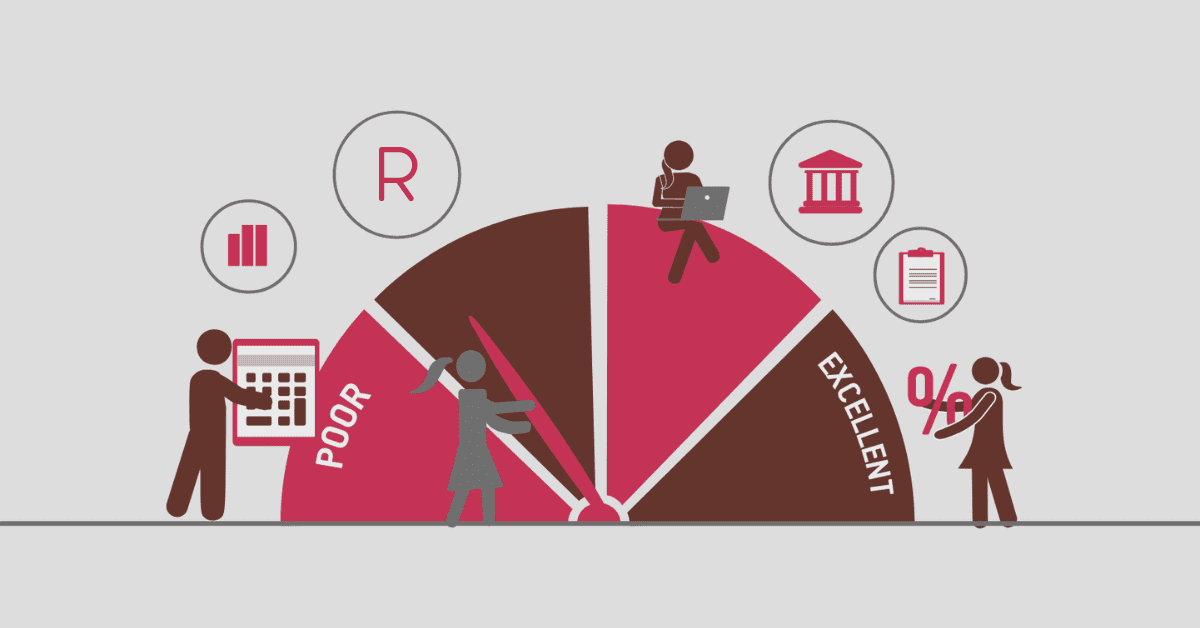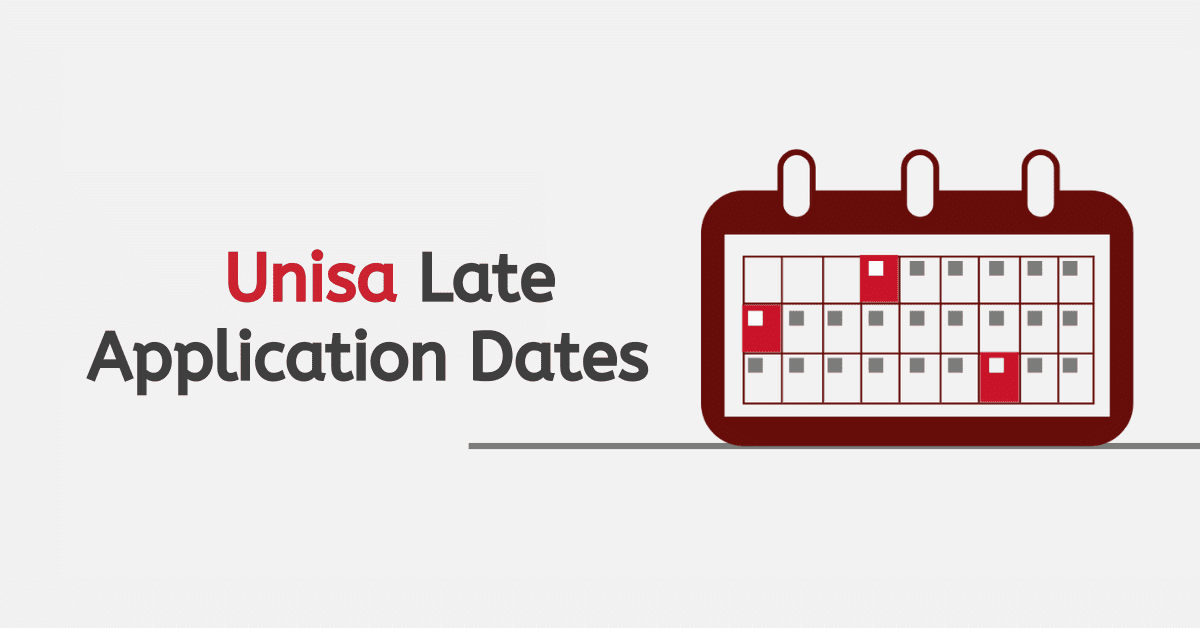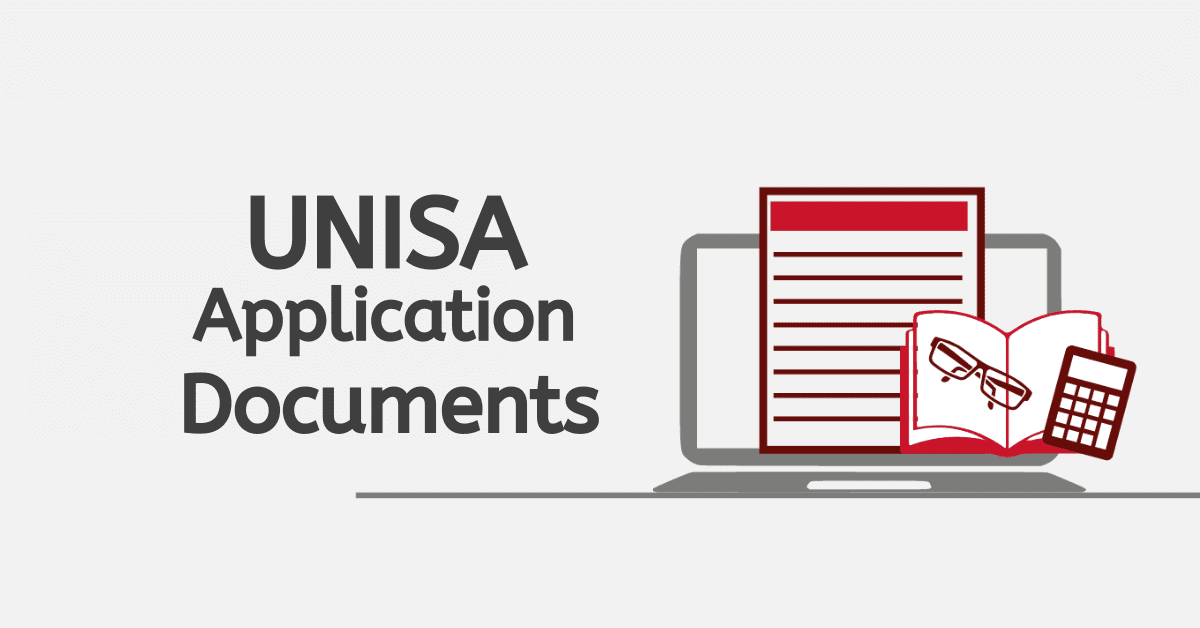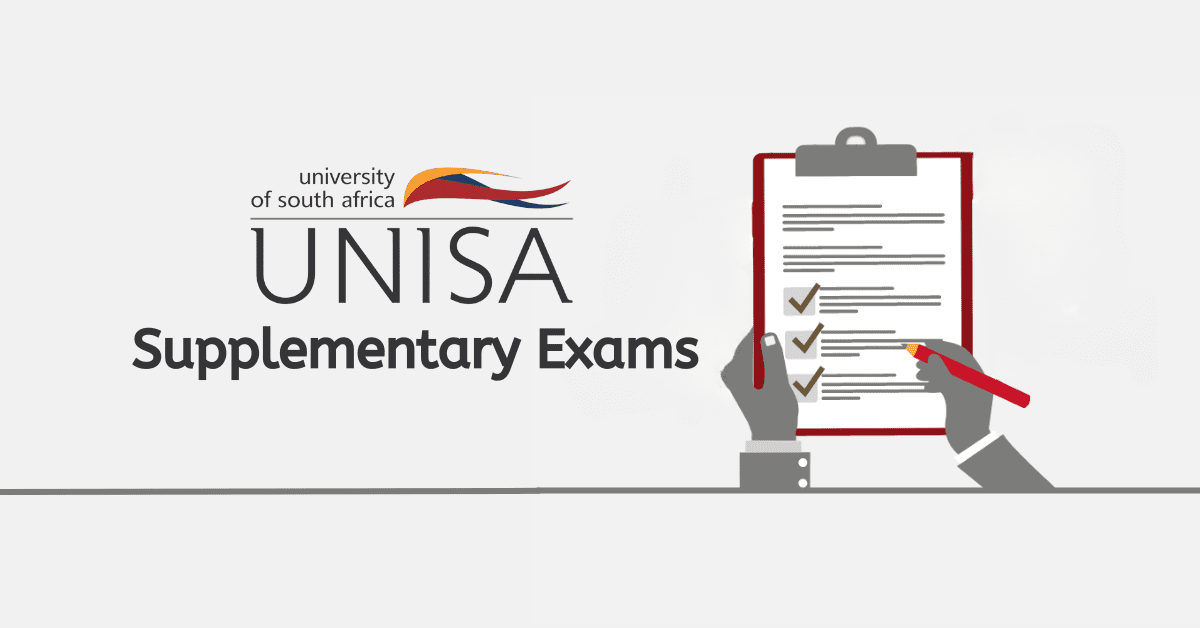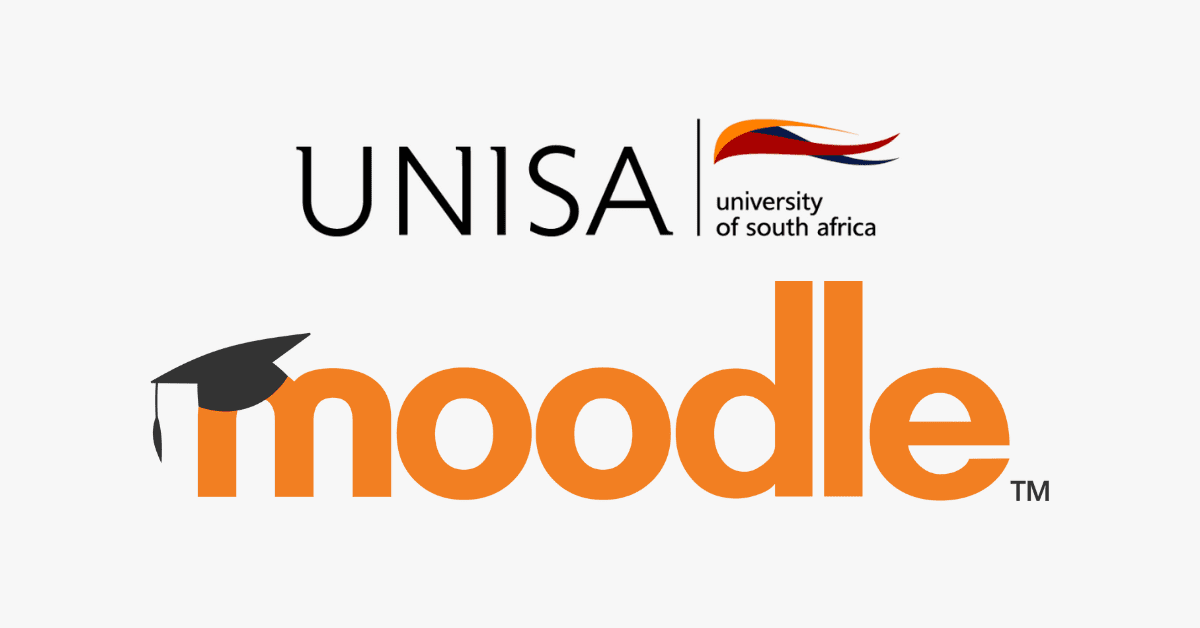You may have severally heard about the term “plagiarism”, and yet you have no better understanding of what it’s all about. In this blog post, you will learn interesting things about plagiarism.
Plagiarism, in simple terms, is the act of using someone’s works, words, ideas or information without having to acknowledge them. Once you use someone’s ideas and words, you tend to take the work as yours, and that is a fraudulent activity.
When we grasp the concept of plagiarism, we can truly recognise the significance of maintaining originality and showing respect for the ideas and work of others.
You may take someone’s work in the act of representing your idea or information, but once there is no acknowledgement from the initial source, it is considered plagiarism.
Many people need to learn how and where plagiarism occurs, and this is because they need to understand the concept. It is a serious offence to use someone’s work and not credit the person. Plagiarism can let you serve jail and also pay huge fines. As we look at the seriousness of plagiarism and its consequences, we will be helping you understand how you can avoid plagiarism.
How to prevent plagiarism at Unisa
Plagiarism is a widespread problem in academic and creative fields. It refers to the unethical practice of claiming someone else’s words, ideas, or artistic work as your own. Engaging in this unethical practice goes against the principles of originality and intellectual integrity and can have serious consequences for the individuals involved.
Plagiarism is a term that is often used in academic and creative communities. It refers to the act of claiming someone else’s work, ideas, or words as your own without giving them proper credit. Giving credit to the original source is considered a serious offence, and it is widely recognised as such.
There are ways to prevent plagiarism, and this must involve a conscious effort. These possible ways will make your work stand out and help you avoid getting your work tagged as plagiarised content.
It is important to give credit to the original source whenever you include a fact, phrase, chart, or quotation from someone else’s work. Make sure to rephrase the information using your own language. It is important to make sure you take thorough notes of every source you refer to while working on an assessment. This way, you can avoid using any source without giving proper credit.
UNISA provides books and resources on plagiarism as it may be new to fresh students. It is important to visit the library to understand plagiarism and how to avoid it. Getting your hands on this plagiarism information at the UNISA library can help you in your academics.
Using plagiarism detector tools can help prevent plagiarism. These tools are designed to pick out content that has been copied from other sources.
Challenging yourself to be a critical thinker and generate content originally. This will help you get your assignment, research and other projects work done without any plagiarism issues. Students are encouraged to engage in multiple materials or resources to be creative.
How does Unisa detect plagiarism?
At the University of South Africa, ensuring academic integrity is of utmost importance, which includes the implementation of plagiarism detection across all departments and disciplines.
Plagiarism is a serious offence that undermines the integrity of the educational process. It involves presenting someone else’s work or ideas as your own without giving them proper credit. To effectively address plagiarism, UNISA has taken several steps and introduced different tools to identify cases of academic dishonesty.
UNISA utilises Turnitin, a highly regarded plagiarism detection software, as one of its prominent tools. Turnitin is a valuable resource that benefits both students and faculty members at UNISA. It operates by comparing submitted assignments, research papers, and other academic works. Plagiarism has become an increasingly worrisome issue in today’s digital era, where information is easily accessible with just a few taps on our devices.
What percentage of plagiarism is acceptable in Unisa?
Although plagiarism is not condoned in most institutions, especially higher education, it is common for other universities to have an acceptable percentage of plagiarised content.
Regarding UNISA, plagiarism is the least of what any tutor or lecturer may want to encounter.
At the University of South Africa, there is no specific percentage that is considered acceptable in cases of plagiarism. The purpose of analysing Originality Reports is to determine whether plagiarism has occurred, either unintentionally or intentionally. Plagiarism is absolutely unacceptable in any assignment at UNISA.
What happens if a student is found guilty of plagiarism at Unisa?
There are serious consequences that a student can face when found guilty of plagiarism. These measures are metered out to students not to end their academic work but to deter students from plagiarising and also inform students about acknowledging other people’s work.
If students are found guilty, their modules can be cancelled, and their marks can be withdrawn. In addition, they may also be subject to a maximum suspension period of five years from the university, as well as from all other universities in South Africa.
Does paraphrasing count as plagiarism?
Paraphrasing and plagiarism are not the same. Plagiarism is an offence, but paraphrasing is not. When paraphrasing, you change the words, ideas and structure of the original work. However, changing all these must come with a citation at the end of the academic work.
All things being equal, paraphrasing does not count as plagiarism, but can not indicate the author of the work or crediting the original content can be considered as plagiarism.
